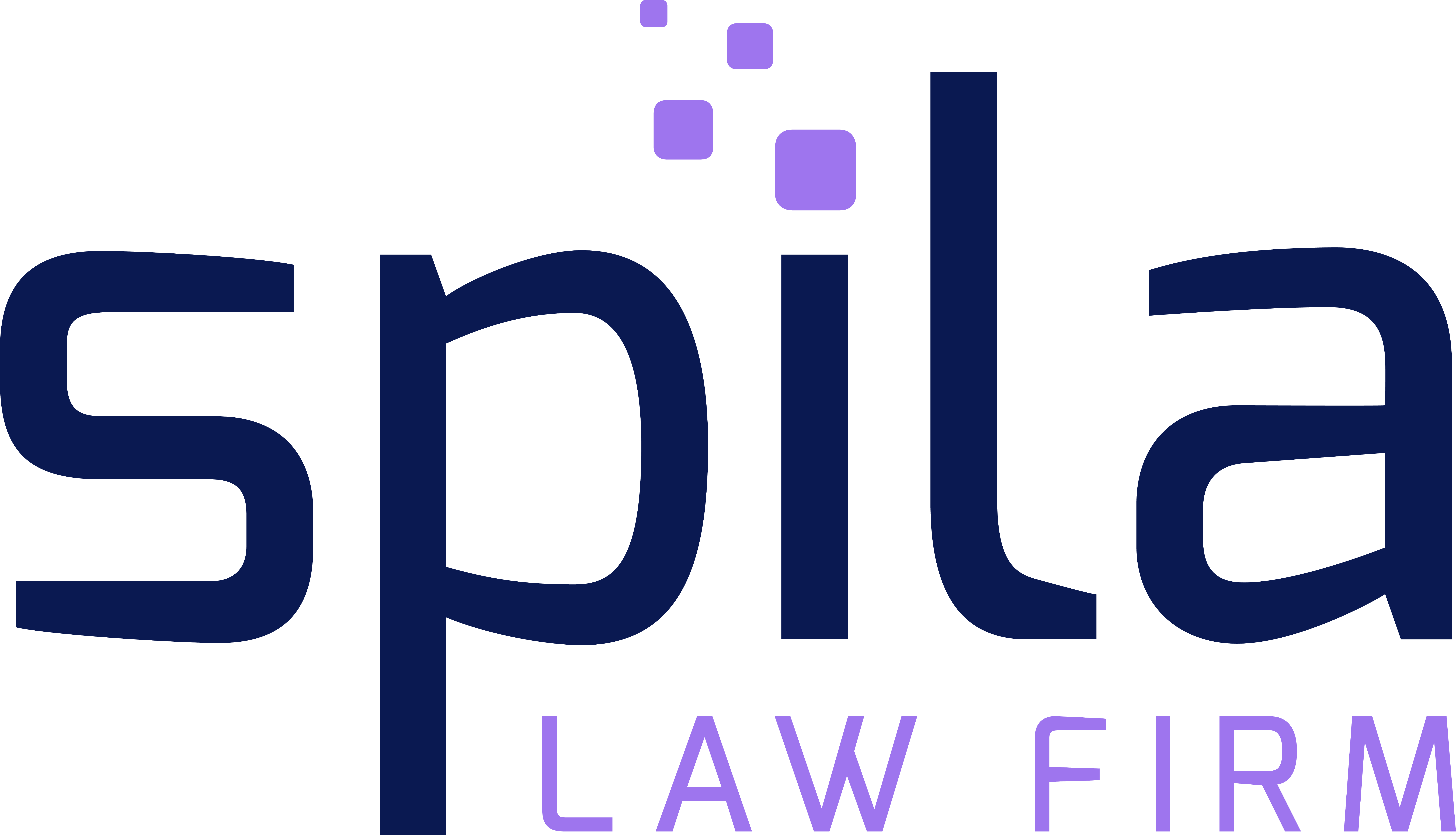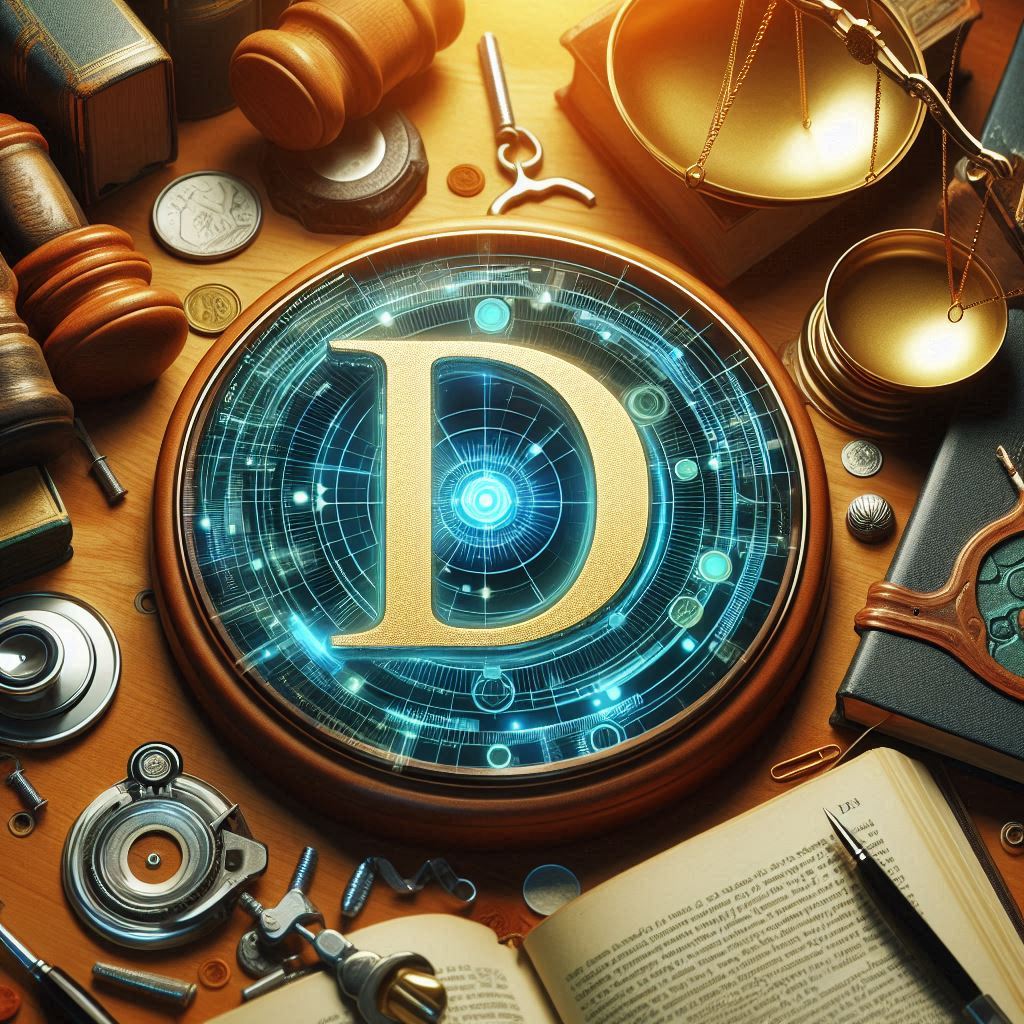Music Copyright: Safeguarding Your Art
Music is a powerful form of expression that touches our emotions and connects people across cultures. For musicians, protecting their creative works is crucial in an ever-evolving digital landscape. In this article, we will explore the importance of music copyright, discuss key elements of copyright protection, and provide practical strategies to safeguard your artistic creations.
Understanding Music Copyright
Music copyright is a legal framework that grants exclusive rights to creators and owners of original musical works. It protects various elements, including musical compositions (melodies and lyrics) and sound recordings. Copyright provides musicians with control over their music, enabling them to determine how it is used, reproduced, distributed, performed, and monetized.
The Benefits of Music Copyright
Copyright protection offers several essential benefits for musicians:
- Ownership and Control: Copyright allows you to assert ownership over your music and retain control over its usage, ensuring that your artistic vision remains intact.
- Financial Rights: Copyright gives you the exclusive right to monetize your music, such as through sales, licensing, streaming, or live performances. This enables you to earn income from your creative endeavors.
- Attribution and Recognition: Copyright helps protect your reputation as an artist by ensuring proper attribution for your work. It allows you to be recognized as the creator of your music and preserves the integrity of your artistic identity.
Elements of Music Copyright Protection
To effectively safeguard your music, you should focus on the following key elements:
- Originality: Copyright protection applies to original works. Ensure that your compositions and recordings possess a sufficient level of originality, reflecting your unique creativity.
- Fixation: Copyright protection arises automatically when your musical works are fixed in a tangible medium, such as a recording, written notation, or digital file. Make sure to document and store your musical creations securely.
- Registration: While copyright protection exists upon creation, registering your music with the relevant copyright office provides additional legal benefits. Registration creates a public record of your copyright ownership, making it easier to enforce your rights in case of infringement.
- Proper Attribution: Always include copyright notices on your music releases, stating your ownership and rights. This serves as a visible reminder to others that your work is protected.
Strategies for Music Copyright Protection
To safeguard your music effectively, consider implementing the following strategies:
- Register Your Copyright: Registering your music with the copyright office provides a strong legal foundation for protection. It strengthens your ability to enforce your rights and may be required before initiating legal action.
- Music Licensing: Utilize licensing agreements to authorize the use of your music by others. Licensing ensures that you maintain control over how your music is used and provides a framework for obtaining royalties or fees for its use.
- Monitor and Enforce: Stay vigilant and monitor the use of your music across various platforms and media channels. Enforce your rights when necessary by sending cease-and-desist letters or pursuing legal action against infringers.
- Collaborate with Professionals: Seek legal advice from attorneys experienced in music copyright to navigate complex legal matters effectively. Additionally, consider working with music publishers or digital rights organizations to manage and administer your copyrights.
The Role of Digital Technology
In the digital age, technology has revolutionized the music industry. However, it has also posed challenges for copyright protection. Piracy, unauthorized streaming, and illegal downloads have become prevalent. Embrace digital technology as a tool for promotion and distribution while implementing appropriate measures to protect your music. Explore digital rights management systems, content ID platforms, and licensing platforms to manage and enforce your rights in the digital landscape.
Educating Yourself and Building a Supportive Community
Stay informed about copyright laws, emerging trends, and best practices in the music industry. Engage with other musicians, industry professionals, and copyright organizations to build a supportive community. Share knowledge, discuss challenges, and collaborate on solutions to protect the collective interests of musicians.
Conclusion
Music copyright is essential for musicians to safeguard their artistic creations, maintain control over their music, and earn a living from their talent and hard work. By understanding the foundations of music copyright, registering your works, licensing your music, monitoring usage, and staying informed about evolving trends, you can effectively protect your music in the digital age. Remember, music copyright empowers you as an artist, preserving the integrity of your creations and ensuring the continued vibrancy and creativity of the music industry.







